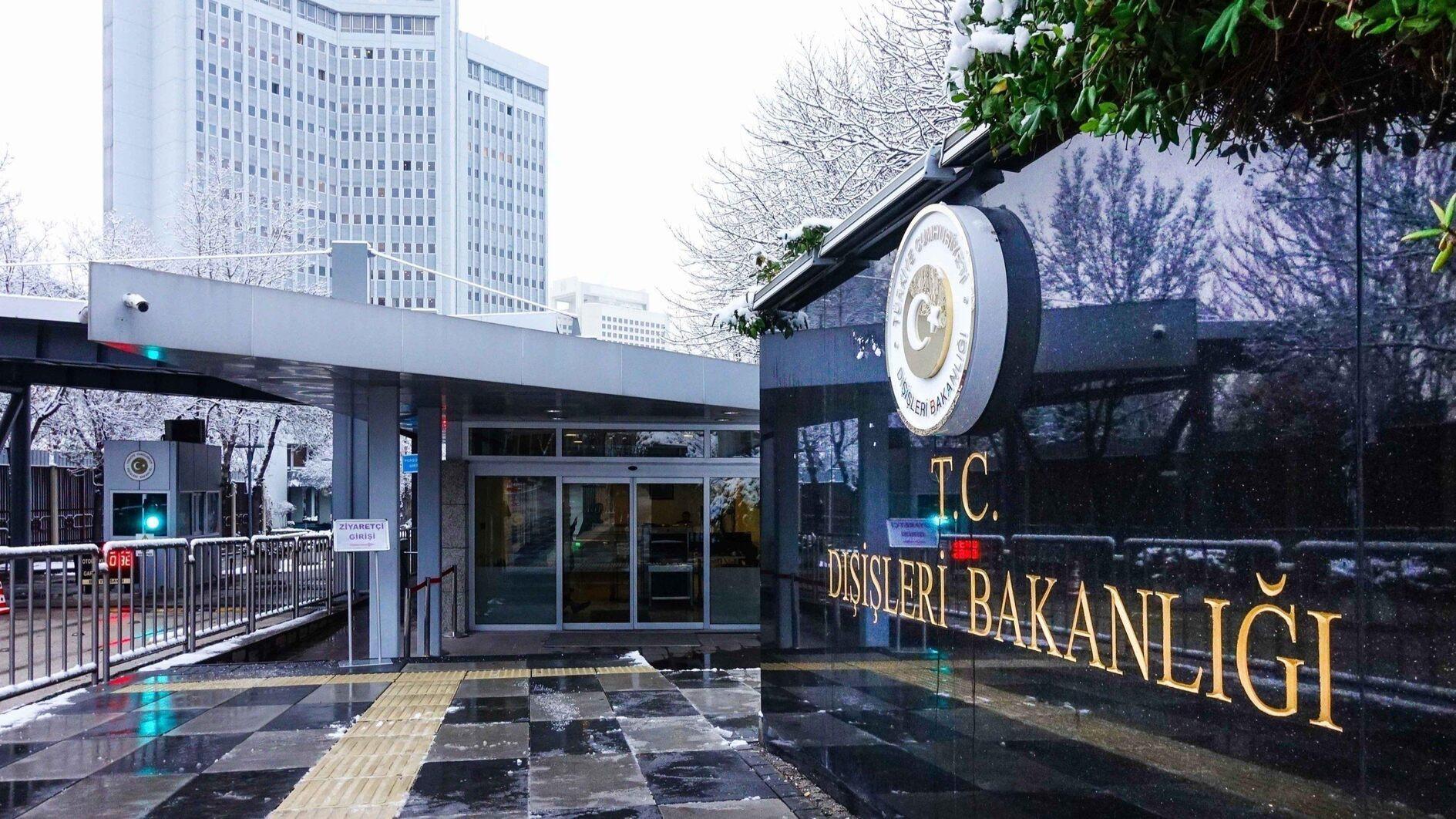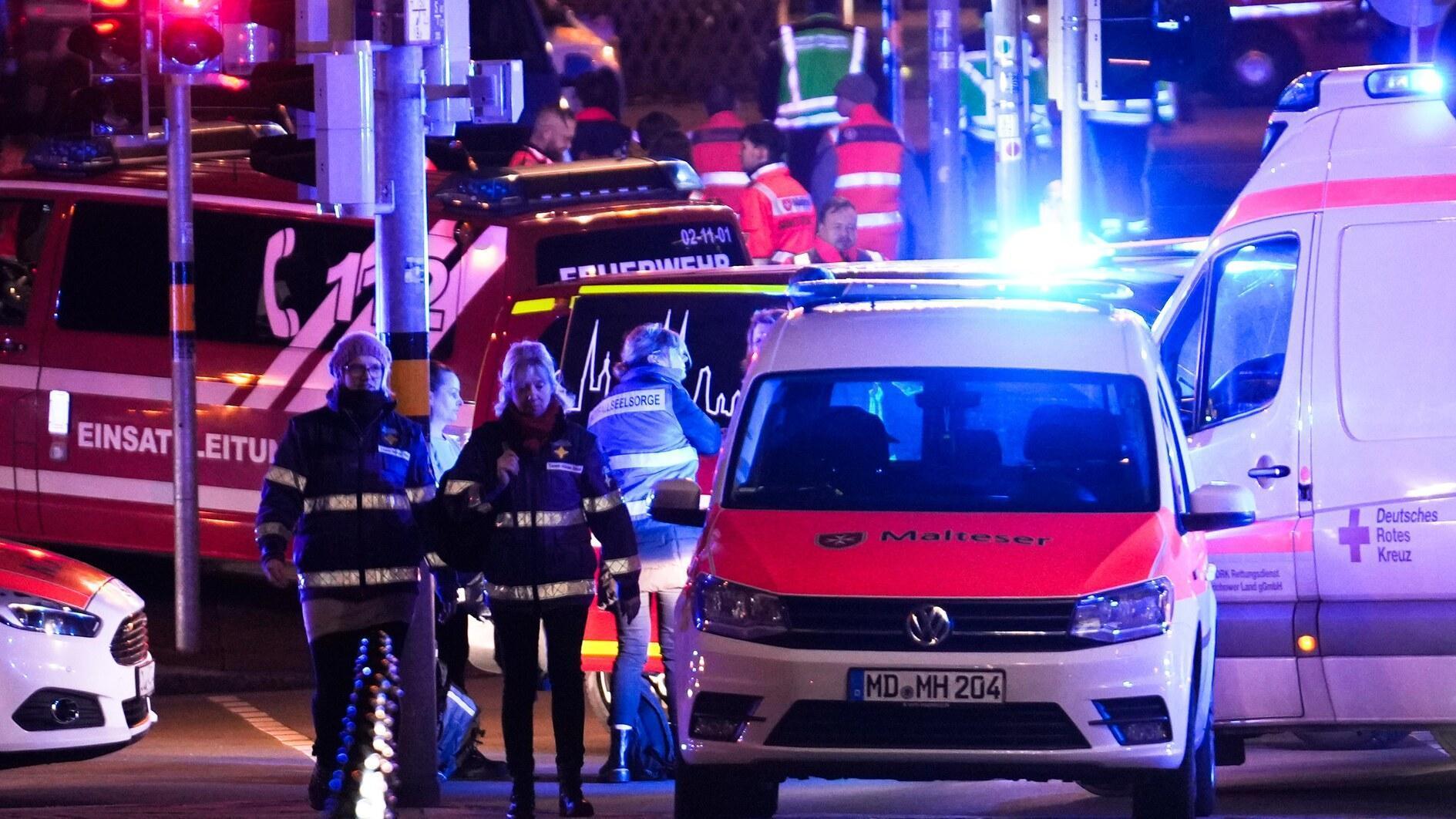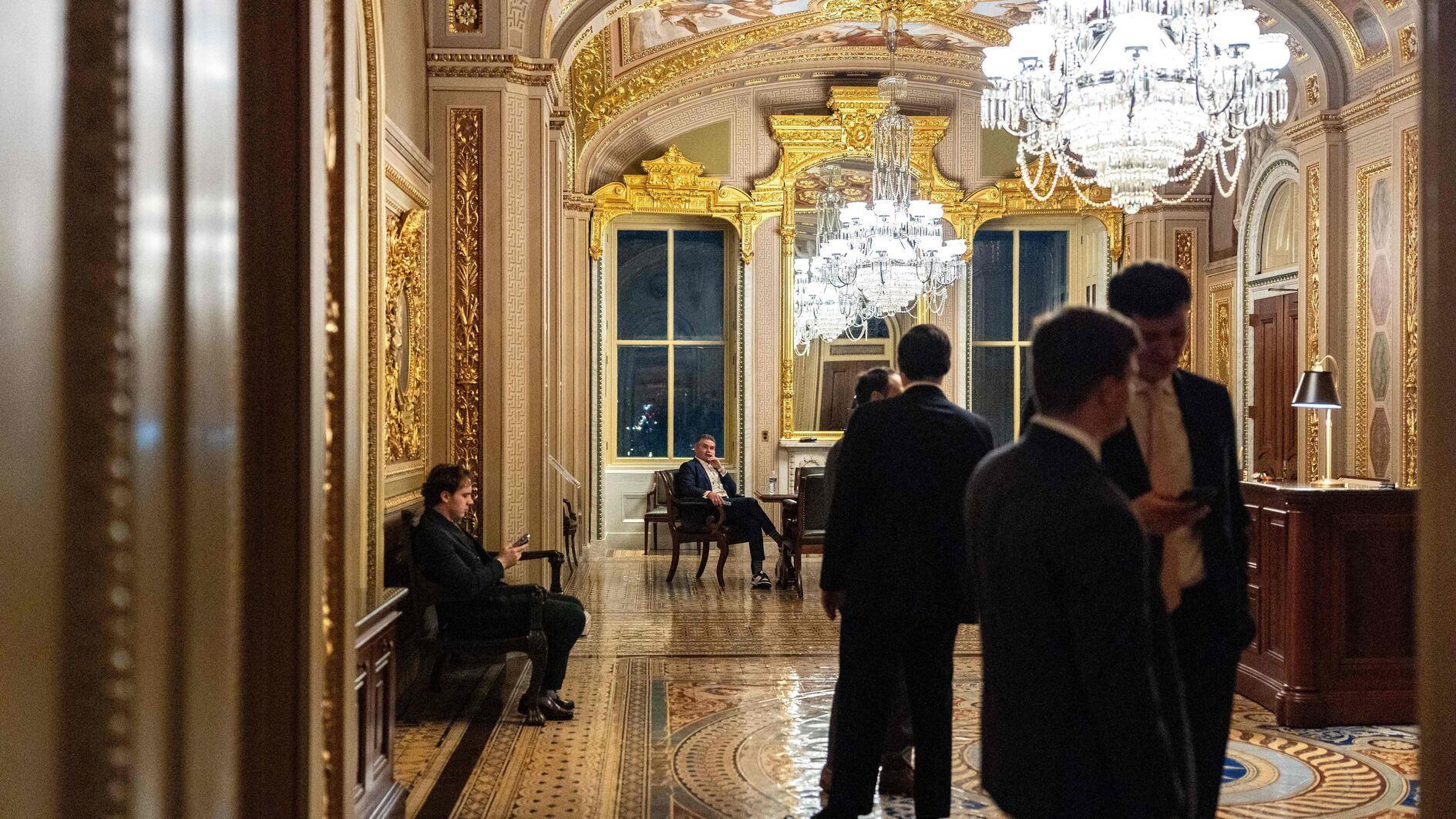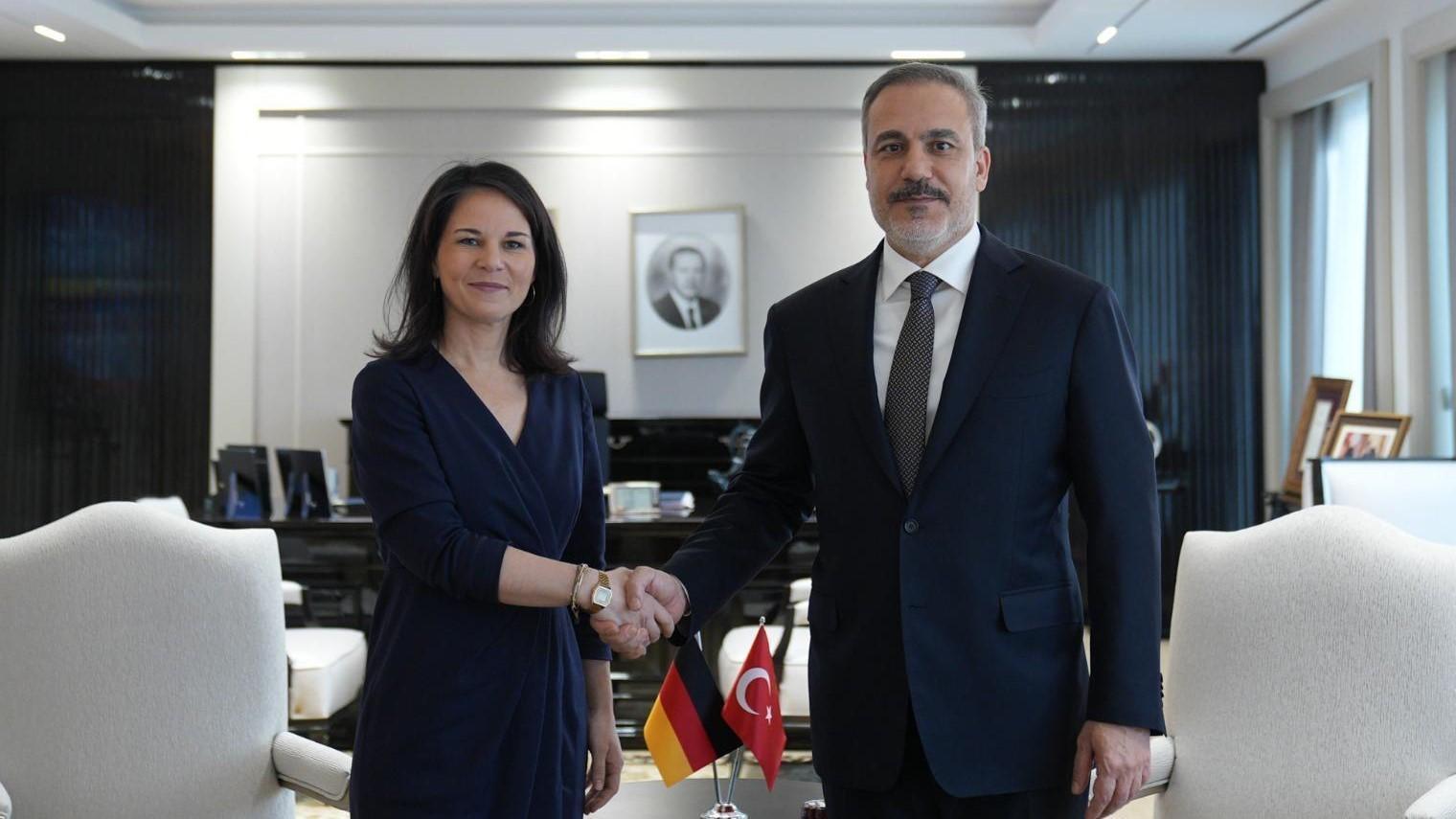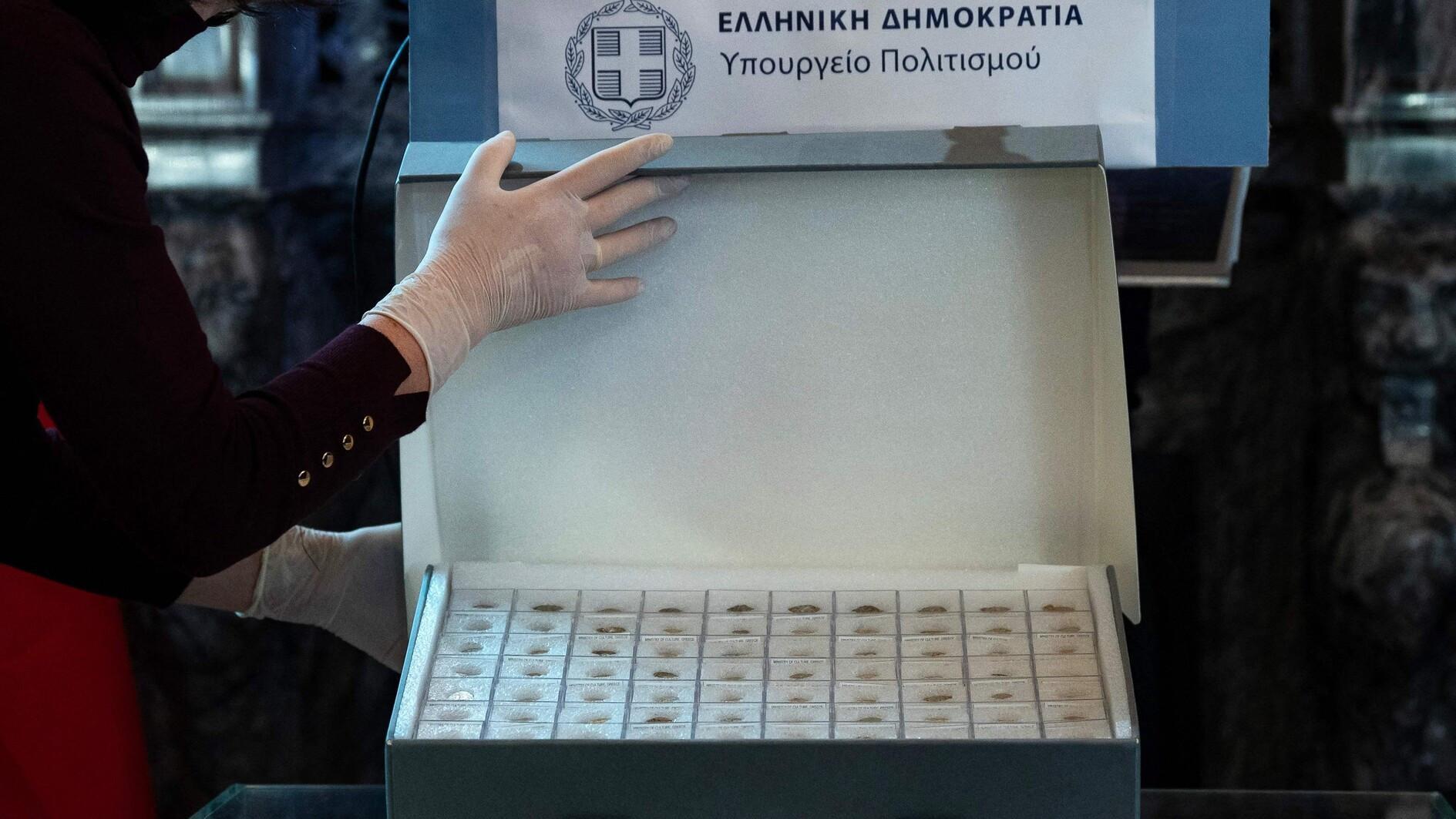The BDP’s demands and the AKP’s objections
ANKARA - Hürriyet Daily News
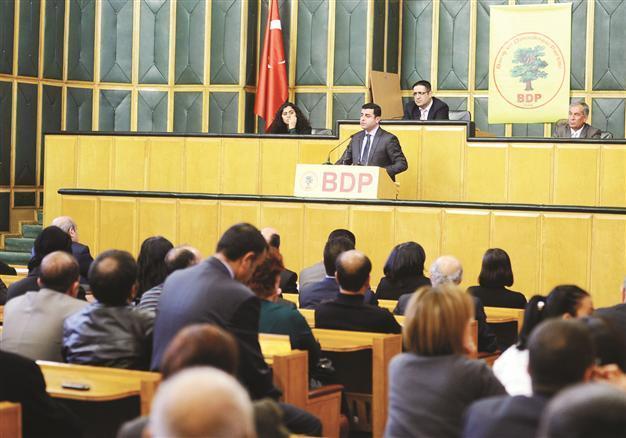
BDP co-chair Selahattin Demirtaş addresses his party’s group at Parliament. The BDP has been criticizing the government for its 'slow steps' in reforms. Daily News photo, Selahattin SÖNMEZ
Prime Minister Recep Tayyip Erdoğan recently told the Wise Persons Commission that 15 percent of the Kurdistan Workers’ Party (PKK) had withdrawn across the Turkish border, while Peace and Democracy Party (BDP) co-chair Selahattin Demirtaş said 80 percent of PKK members have headed to the border.As the PKK has slowed down the retreat process, the government’s democracy package step was delayed, causing discussion as to whether the resolution process was blocked. The AKP and the BDP/PKK are criticizing each other for delaying the process. Seemingly, due to the overcautious attitude of the parties, the process will not be blocked, but progress with controlled and small steps will continue until the fall. The slow progress of the process might both delay the democratization regulations and obstruct the passage to the second phase.
Both jailed PKK leader Abdullah Öcalan and the BDP know this fact and are trying to force the democratization package to be submitted to Parliament as soon as possible, even though its enactment would be delayed until fall. The AKP is ready to reform the regulations that would release Kurdistan Communities Union (KCK) convicts and the law of return in the Anti-Terror Law (TMK), as well as the Turkish Penal Code (TCK). Another small package might also be brought to Parliament soon. However, it is a matter of discussion as to what extent the BDP’s demands will be met. The BDP’s demands consist of nearly 100 articles, but in the first phase they submitted a package with 25 articles to the government. And this package does not include some crucial topics such as education in mother tongue and constitutional citizenship, which are difficult to overcome in the short run.
The democratization package is essential for the progress of the process. Both the PKK’s rapid retreat and passage to the "second phase" depend on it. So, what are these critical demands that would determine the fate of the process? And how would the AKP respond to them? Let’s take a look at the details of the package, which would be the main subject matter during summer.
The BDP demands the complete abolition of the TMK, while the ruling party accepts it should be reformed but does not say “yes” to complete abolition. The BDP, which wants a change in the TCK’s “praising offense and offender” article, insists on decreasing the two-year charge for this to one year. It also proposes abolition of the article that includes charging those who do not intervening in offenses with the charge of being a member of an illegal organization. The AKP wants to moderate these articles, but objects to their abolition.
The BDP also proposes a change to Article 314 of the TCK, which regulates the offense of forming an armed organization, offering the phrase “Those not included in the hierarchical structure of the organization and not shown to have direct relation with violent acts shall not be charged with being a member of an illegal organization.” The AKP seems to favor a partial change to this.
Also, the BDP wants to change a phrase in the law on meetings and demonstrations as “open meetings and demonstrations shall last until one hour before sunset, and closed meetings shall last until 11:00 p.m.” The BDP, which objects to the governors’ postponing of meetings for a month in the name of "public order," demands this delaying period to become a maximum of seven days. The AKP finds these topics negotiable.
The BDP wants the election threshold in the Deputy Election Law to be decreased from 10 percent to 3 percent. However, the AKP directly rejects this proposal.
The BDP also suggests a change in the Law on Political Parties, proposing that the article regulating state aid be changed in a way that would make possible for parties passing 1 percent of votes and represented by five deputies to receive Treasury aid. The AKP seems to favor the Treasury aid regulation as well.
The BDP also wants to be able to use different languages and dialects alongside Turkish in election campaigns and releases. It also wants the abolition of the verdict suggesting that a language apart from Turkish shall not be used in party congresses and election campaigns in the Political Parties Law. The AKP also favors lifting such bans.
In the Law on Political Parties, the BDP wants to introduce the “co-chairmanship” system in the article on chairmanship.
Also, in the Police Powers Law, the BDP demands that taking of fingerprints should be authorized by a court decision instead of police decision. It also wants the limitation of the police’s authority to use force and wiretapping stated in the same law. The AKP is considering making a partial change to this article, but does not favor a complete change.
Village guard system tabled
The village guard system is also tabled in the AKP-BDP negotiations. The BDP favors the abolition of this system as soon as possible. The party also included this demand in its 25-article package. The AKP, on the other hand, sides with abolishing the system gradually.
Also, the BDP wants the removal of the reservations on the Civil and Political Rights Convention, U.N. Economic, Social and Cultural Rights Convention, and the U.N. Child Rights Convention. The AKP finds these conventions revisable, but objects to the removal of all the reservations.
AKP considers having headscarf-wearing candidates
Since 2002, the AKP has experienced three general elections and two local elections. However, it has never considered having a headscarf-wearing candidate in any election. But now, the AKP is leaning toward nominating a headscarf-wearing candidate in local elections for the first time. According to whispers in the corridors, the AKP is preparing include headscarf-wearing women among the provincial and district mayor candidates, except in major provinces, for the local elections in March 2013. After that, the AKP is expected to include headscarf-wearing deputy candidates in the general elections, too.


